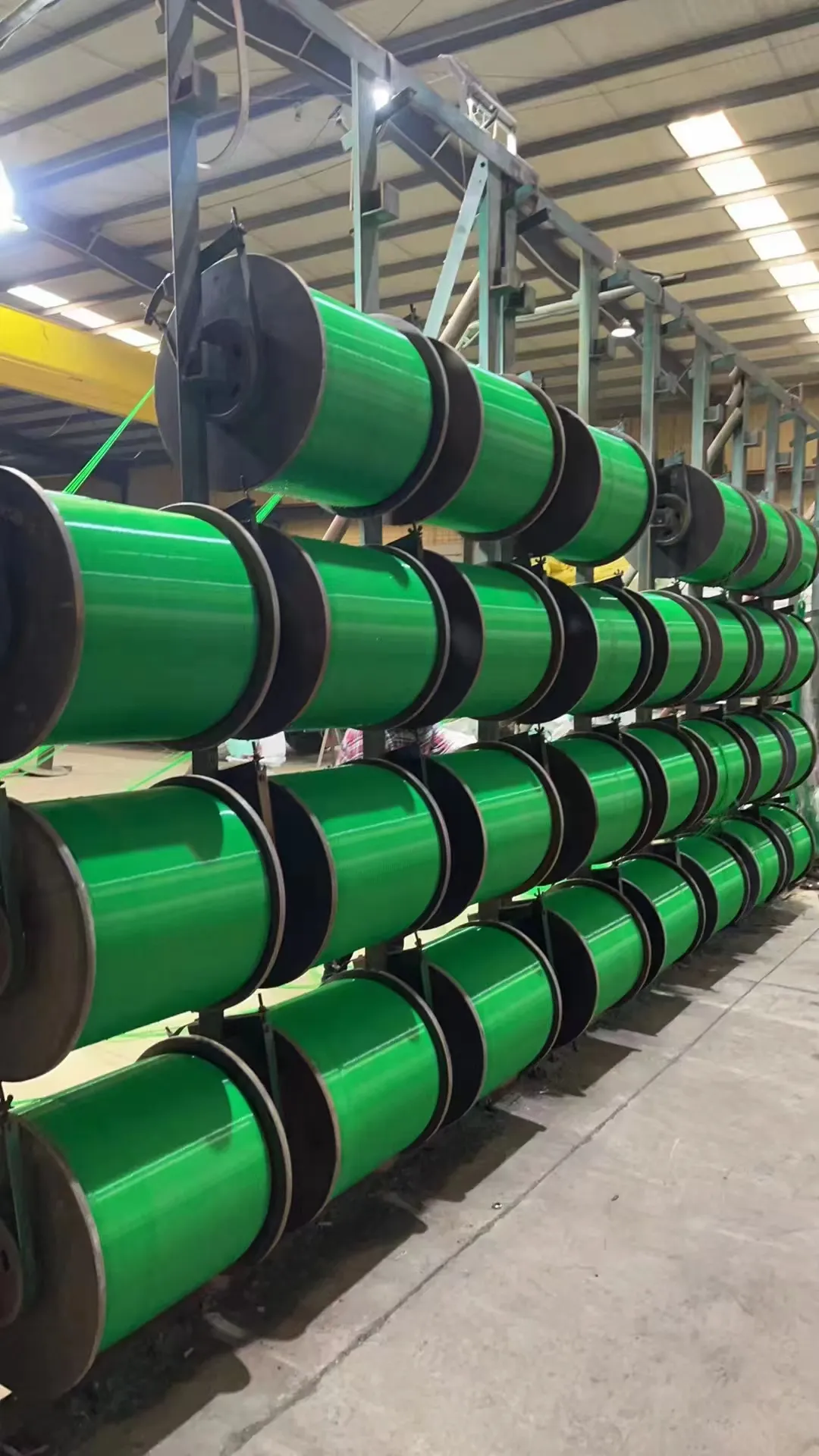-
 Afrikaans
Afrikaans -
 Albanian
Albanian -
 Amharic
Amharic -
 Arabic
Arabic -
 Armenian
Armenian -
 Azerbaijani
Azerbaijani -
 Basque
Basque -
 Belarusian
Belarusian -
 Bengali
Bengali -
 Bosnian
Bosnian -
 Bulgarian
Bulgarian -
 Catalan
Catalan -
 Cebuano
Cebuano -
 China
China -
 Corsican
Corsican -
 Croatian
Croatian -
 Czech
Czech -
 Danish
Danish -
 Dutch
Dutch -
 English
English -
 Esperanto
Esperanto -
 Estonian
Estonian -
 Finnish
Finnish -
 French
French -
 Frisian
Frisian -
 Galician
Galician -
 Georgian
Georgian -
 German
German -
 Greek
Greek -
 Gujarati
Gujarati -
 Haitian Creole
Haitian Creole -
 hausa
hausa -
 hawaiian
hawaiian -
 Hebrew
Hebrew -
 Hindi
Hindi -
 Miao
Miao -
 Hungarian
Hungarian -
 Icelandic
Icelandic -
 igbo
igbo -
 Indonesian
Indonesian -
 irish
irish -
 Italian
Italian -
 Japanese
Japanese -
 Javanese
Javanese -
 Kannada
Kannada -
 kazakh
kazakh -
 Khmer
Khmer -
 Rwandese
Rwandese -
 Korean
Korean -
 Kurdish
Kurdish -
 Kyrgyz
Kyrgyz -
 Lao
Lao -
 Latin
Latin -
 Latvian
Latvian -
 Lithuanian
Lithuanian -
 Luxembourgish
Luxembourgish -
 Macedonian
Macedonian -
 Malgashi
Malgashi -
 Malay
Malay -
 Malayalam
Malayalam -
 Maltese
Maltese -
 Maori
Maori -
 Marathi
Marathi -
 Mongolian
Mongolian -
 Myanmar
Myanmar -
 Nepali
Nepali -
 Norwegian
Norwegian -
 Norwegian
Norwegian -
 Occitan
Occitan -
 Pashto
Pashto -
 Persian
Persian -
 Polish
Polish -
 Portuguese
Portuguese -
 Punjabi
Punjabi -
 Romanian
Romanian -
 Russian
Russian -
 Samoan
Samoan -
 Scottish Gaelic
Scottish Gaelic -
 Serbian
Serbian -
 Sesotho
Sesotho -
 Shona
Shona -
 Sindhi
Sindhi -
 Sinhala
Sinhala -
 Slovak
Slovak -
 Slovenian
Slovenian -
 Somali
Somali -
 Spanish
Spanish -
 Sundanese
Sundanese -
 Swahili
Swahili -
 Swedish
Swedish -
 Tagalog
Tagalog -
 Tajik
Tajik -
 Tamil
Tamil -
 Tatar
Tatar -
 Telugu
Telugu -
 Thai
Thai -
 Turkish
Turkish -
 Turkmen
Turkmen -
 Ukrainian
Ukrainian -
 Urdu
Urdu -
 Uighur
Uighur -
 Uzbek
Uzbek -
 Vietnamese
Vietnamese -
 Welsh
Welsh -
 Bantu
Bantu -
 Yiddish
Yiddish -
 Yoruba
Yoruba -
 Zulu
Zulu
steel mesh box
The Essential Role of Steel Mesh Boxes in Modern Industries
In today's rapidly evolving industrial landscape, efficiency and reliability are critical. Among the myriad of tools and products that facilitate operations, steel mesh boxes emerge as indispensable assets. These versatile containers, crafted from durable steel mesh, serve various roles in multiple sectors, including manufacturing, logistics, and agriculture. Their unique design and robust nature make them ideal for a range of applications.
What are Steel Mesh Boxes?
Steel mesh boxes are storage containers made from a framework of interconnected steel wires, forming a mesh pattern. This design allows for durability while remaining lightweight and breathable, making them easy to handle. Steel mesh boxes come in various sizes and shapes, catering to diverse storage needs. They are often used for organizing materials, storing parts, and even transporting goods.
Advantages of Steel Mesh Boxes
1. Durability and Strength One of the most significant advantages of steel mesh boxes is their strength. Made from premium steel, these boxes can withstand heavy loads and harsh environments. Unlike plastic or wood, steel does not warp, crack, or degrade over time, ensuring long-term use.
2. Visibility and Ventilation The open mesh design ensures visibility of the contents inside, allowing for quick and easy identification. Additionally, the ventilation provided by the mesh structure helps to reduce moisture accumulation, preventing damage to stored materials, which is particularly important in agricultural and food industries.
3. Space Efficiency Steel mesh boxes can be nested when not in use, allowing companies to save space in storage areas. This collapsible feature is essential for organizations looking to maximize their warehouse capacity. Furthermore, when filled, these boxes can be stacked securely, optimizing vertical storage.
4. Eco-Friendly Choice With increasing awareness of environmental issues, the reusability of steel mesh boxes presents a sustainable solution. Unlike single-use containers, steel mesh boxes can be employed repeatedly, reducing waste and supporting green initiatives within industries.
5. Customizability Steel mesh boxes can be customized to fit specific needs. Organizations can choose different sizes, coatings for corrosion resistance, or additional features like lids or dividers based on their operational requirements. This adaptability makes them suitable for a wide range of industries.
steel mesh box

Key Applications
Steel mesh boxes find applications in various sectors
- Manufacturing In manufacturing plants, steel mesh boxes are crucial for storing parts and raw materials. Their durability allows them to endure the fast-paced environment of production lines.
- Logistics and Transportation These boxes are often used in logistics companies for transporting goods. Their strength and stackability make them perfect for loading onto trucks and containers, ensuring efficient use of space.
- Agriculture Farmers use steel mesh boxes to store fruits, vegetables, and other produce. The ventilation provided by the mesh prevents spoilage, while their sturdiness allows for easy handling and transportation from farm to market.
- Retail Retail stores often leverage steel mesh boxes for backroom storage. The transparent structure allows employees to quickly find products without opening each box, enhancing efficiency.
Conclusion
As industries continue to seek ways to improve efficiency, steel mesh boxes stand out as a practical solution. Their combination of strength, versatility, and eco-friendliness makes them ideal for various applications across multiple sectors. Whether in manufacturing, logistics, agriculture, or retail, the use of steel mesh boxes can streamline operations, reduce waste, and foster sustainable practices. As businesses evolve, investing in quality steel mesh boxes could be one of the best decisions for enhancing productivity and maintaining a competitive edge in the market.
In conclusion, steel mesh boxes play a crucial role in modern industry, proving that sometimes, the simplest solutions can have the most profound impact on operational efficiency and sustainability.
-
Shipping Plastic Bags for Every NeedNewsJul.24,2025
-
Safety Netting: Your Shield in ConstructionNewsJul.24,2025
-
Plastic Mesh Netting for Everyday UseNewsJul.24,2025
-
Nylon Netting for Every UseNewsJul.24,2025
-
Mesh Breeder Box for Fish TanksNewsJul.24,2025
-
Expanded Steel Mesh Offers Durable VersatilityNewsJul.24,2025











